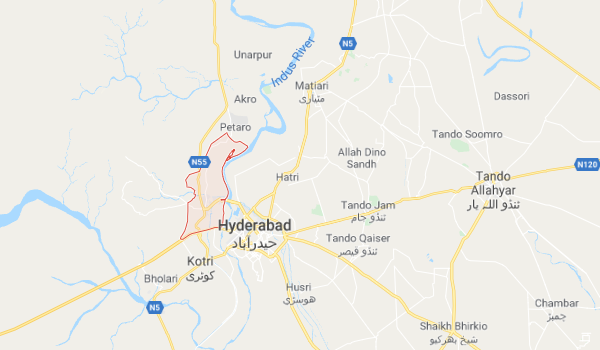Lahore: The World Wide Fund for Nature Pakistan (WWF-P) has expressed its interest for collaborating with the Environment Protection Department (EPD) Punjab for issues pertaining to forests, a news source reported. The aim of WWF-P’s collaboration with EPD is to ensure a world where forests become valued not just for their wood supply, but other benefits they offered to nature and humans.
Read: WWF reaches out to ragpickers for a ‘waste-free Pakistan’
In this regard, WWF-P Senior Director Masoor Arshad led a delegation from his organisation, and called upon Punjab Minister EPD Muhammad Rizwan on Tuesday. In the meeting, they discussed thematic goals for forests, wildlife conservation efforts, freshwater ecology, and environmental compliance in Small & Medium Enterprises (SMEs) sector of Pakistan.
The representatives also discussed in detail the implantation of wetland and water replenishment initiatives, environmental laws and governance, and the potential collaboration between WWF-P and EPD.
Read: Experts recommend management plan for protected Astola Island
During the meeting, Arshad highlighted that WWF-P was a global environmental conservation organisation with the aim to protect nature and ecological processes via preservation of genetic, ecosystem, and species diversity. He added they also aimed to ensure that the use of renewable natural resources remained sustainable both now and in the longer term. He said that their goals included the promotion of actions to cut down pollution, as well as wasteful exploitation and consumption of resources and energy.
The WWF-P director informed the meeting that with better management, planning, and protection, they can continue to benefit from forests, and not damage the environment at the same time. He added that they could also replant and restore the damaged or degraded forest in order to fight climate change, reduce problems such as erosion and flooding, and extend and reconnect the wildlife habitats.
Read: Karachi wins WWF’s ‘One Planet City Challenge Award’ for 2018
He stressed that climate change was a bitter reality – posing threat to both current and future generations. He invited nature-based solutions like the promotion of renewable energy, conservation of water resources, and large-scale plantation drives for overcoming this challenge.







